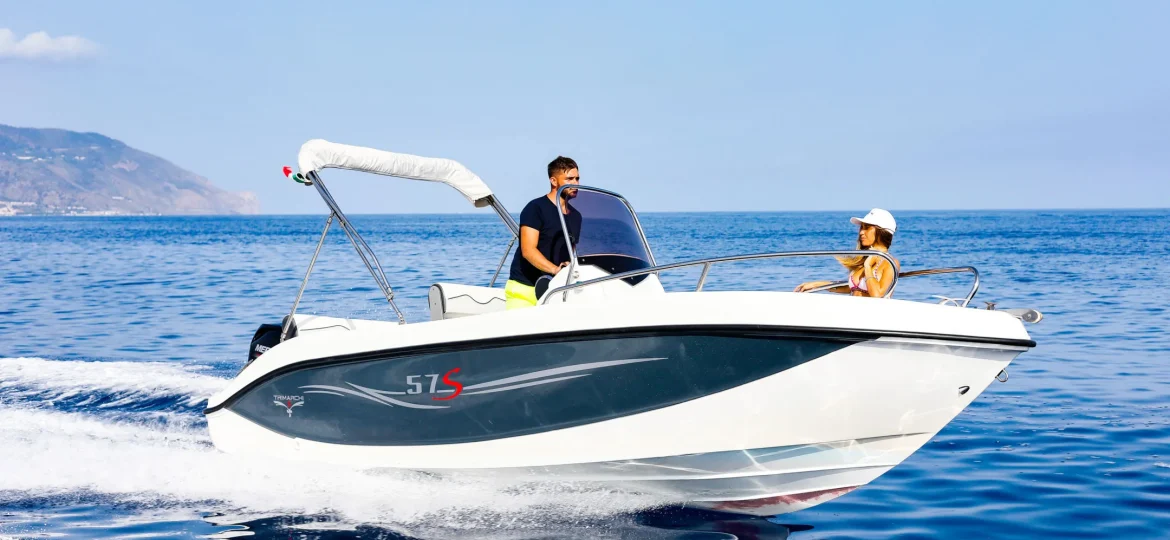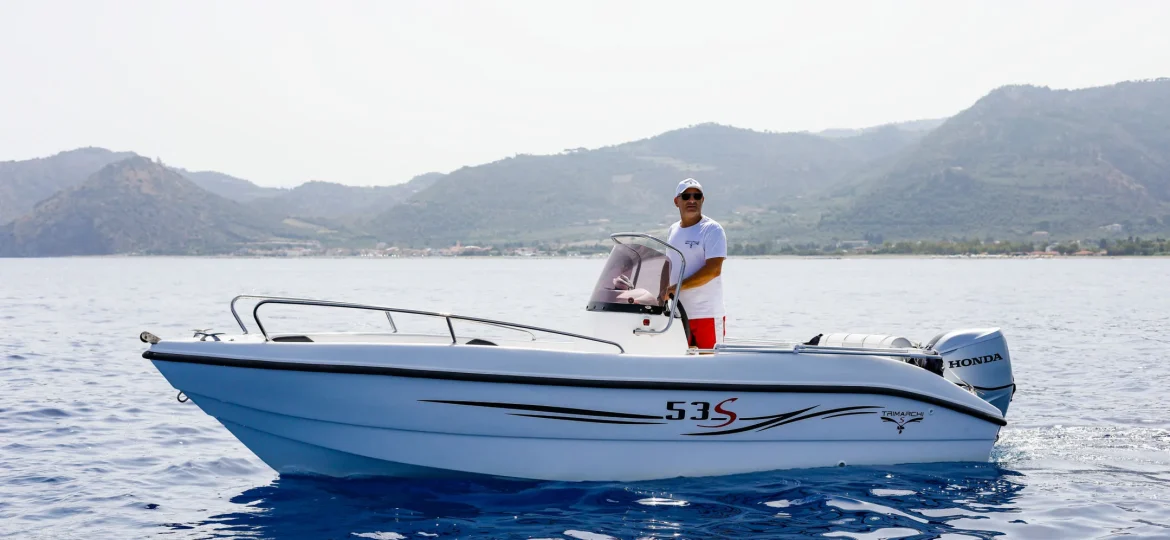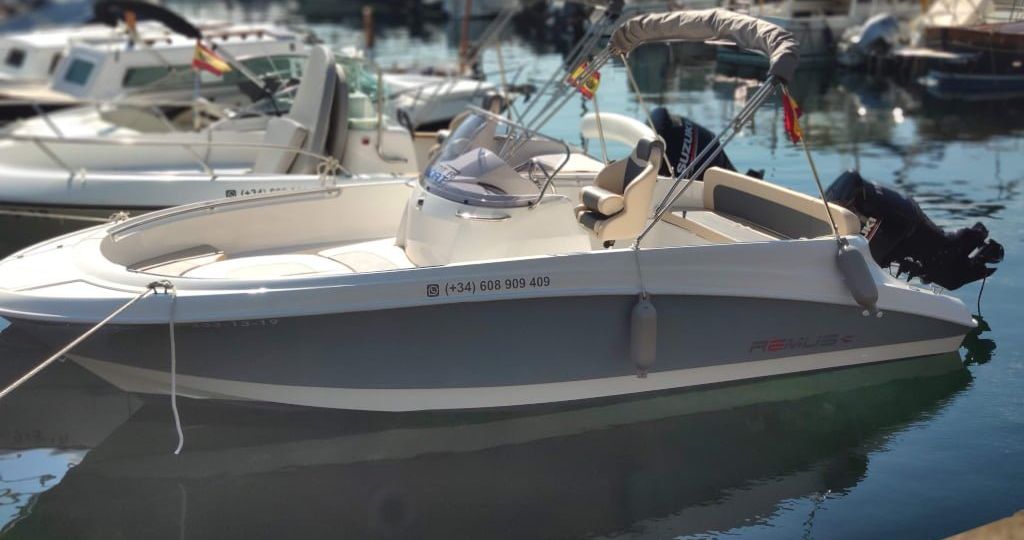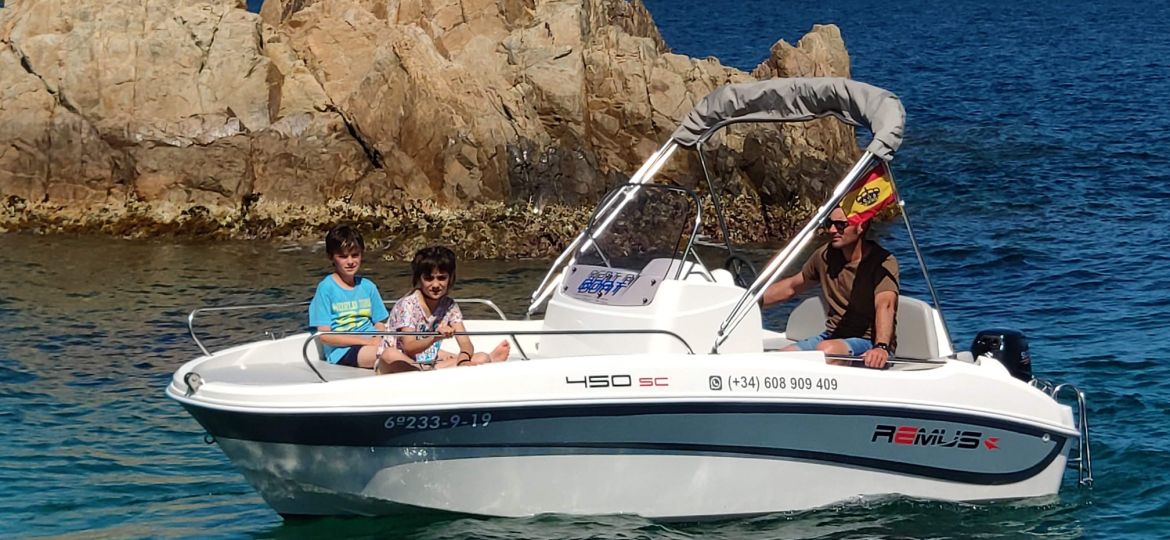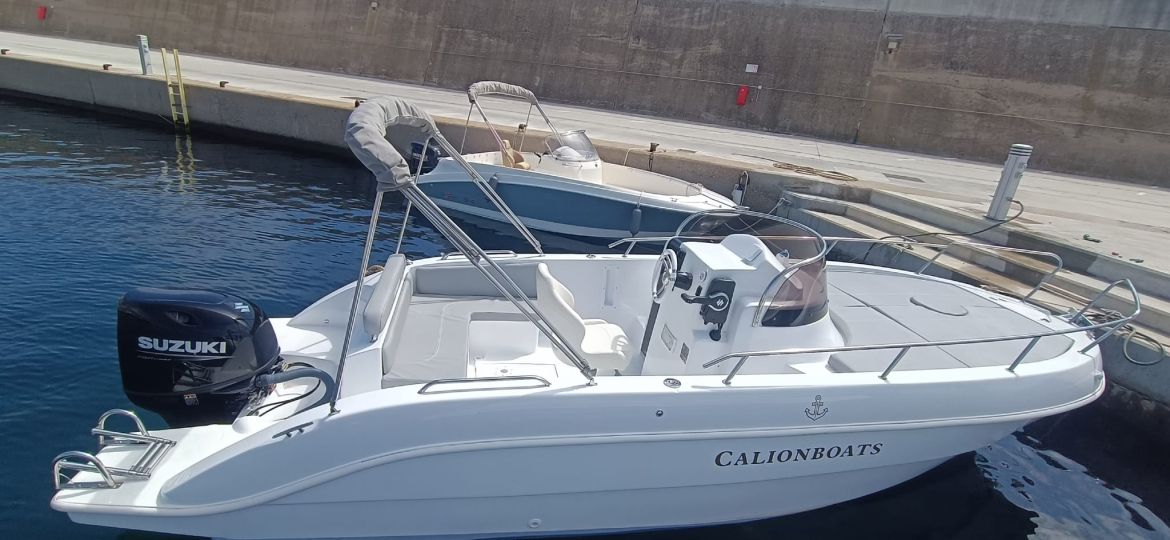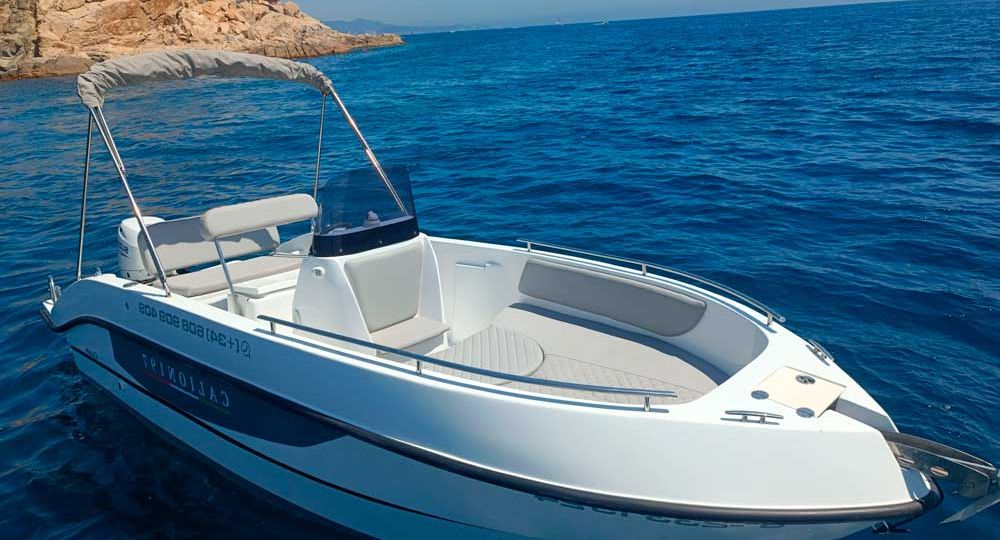Boat rentals have become a popular choice for those looking for a unique and exciting experience on the water. Sailing is an activity that not only offers the opportunity to enjoy breathtaking scenery, but also provides an unparalleled sense of freedom. However, one of the most important factors to consider when sailing is the wind. Understanding how the wind affects sailing is crucial for a safe and enjoyable experience.
The Influence of Wind on Sailing
Wind is one of the most essential elements in sailing. It directly affects the manoeuvrability of the boat, its speed and the direction in which it can be sailed. For sailors, understanding the direction and intensity of the wind is vital to plan a route and ensure efficient sailing.
Wind Direction: Wind direction determines the routes that can be followed. Sailors must adjust sails according to the wind direction to maximise efficiency. Sailing upwind, known as upwind, requires a specific technique and is slower than sailing downwind, known as downwind.
Wind Speed: Wind speed influences boat speed. A strong wind can make a sailing boat reach high speeds, but it can also make sailing more challenging and dangerous. On the other hand, a light wind can make sailing smooth but slow.
Factors to Consider when Chartering a Boat
When chartering a boat, it is essential to consider wind conditions. Here are some key tips to ensure a safe and enjoyable experience:
Wind Forecast: Before heading out on the water, it is essential to check the wind forecast. There are a number of apps and websites that provide up-to-date information on wind speed and direction. This will help you plan your route and prepare for any changes in weather conditions.
Knowledge of the Sailing Area: Knowing the area where you will be sailing is essential. Some areas may have specific wind patterns that can affect sailing. For example, in some coastal areas, the wind may change direction during the day due to sea breeze and land breeze.
Proper Equipment: Ensuring that the boat is properly equipped for the wind conditions is crucial. This includes having properly maintained sails, navigation equipment and safety devices such as life jackets and flares.
Types of winds and their effects
In sailing, there are different types of winds that can influence the sailing experience:
Downwind: This wind blows directly behind the boat. Sailing downwind can be fast and efficient, but requires attention to avoid the risk of a gybe, which occurs when the wind shifts sideways suddenly.
Headwind: This wind blows directly towards the front of the boat, making sailing more difficult. It requires sailing in a zigzag pattern to move forward, a process known as upwind.
Crosswind: This wind blows from the side of the boat. It is one of the most favourable winds for sailing, as it allows a good speed to be reached without too much difficulty.
Gusty wind: This wind is variable in intensity and can be dangerous. It requires constant attention and quick adjustments to the sails to maintain control of the boat.
Safety on the Water
Safety should always be the priority when chartering a boat and going sailing. Here are some additional recommendations for staying safe on the water:
Training and Knowledge: Making sure you have the proper sailing training is essential. Taking a sailing course can provide the skills needed to handle different wind conditions and emergency situations.
Communication: Always inform someone ashore about the sailing plan and estimated time of return. This is crucial in case of any emergency.
Safety Equipment: Make sure the boat is equipped with all necessary safety devices, such as VHF radios, flares, and a first aid kit.
Enjoying the Experience
Despite the challenges that the wind can present, sailing is one of the most rewarding and exciting experiences you can have. The sound of the wind, the sensation of speed and the view of the horizon are elements that make sailing unique.
Chartering boats allows people to enjoy this experience without owning their own boat. It is a great way to explore new areas, enjoy nature and spend quality time with friends and family.
Wind plays a crucial role in sailing and is a factor that should be carefully considered when renting a boat. With proper preparation, knowledge and respect for wind conditions, sailing can be a safe and extremely enjoyable activity. By renting a boat, you open the door to a unique adventure on the water, offering the opportunity to explore and enjoy the natural environment in an incomparable way.

